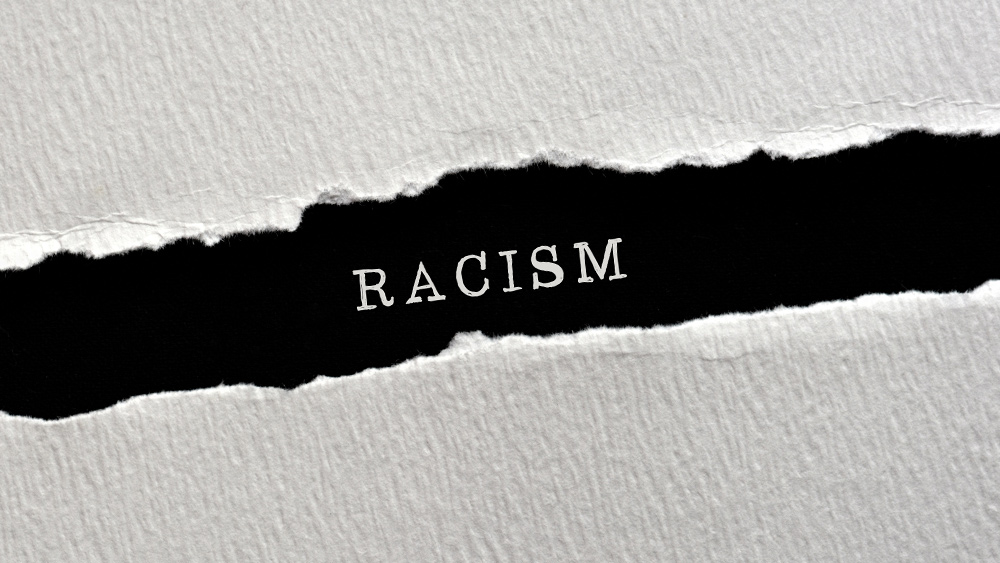More states outlaw abortion following overturning of Roe v. Wade
08/29/2022 / By Mary Villareal

Tennessee, Texas and Idaho on Thursday, August 25, officially joined eight other states that formally outlawed abortions following the Supreme Court’s overturn of Roe v. Wade, which put into action a slew of trigger bans.
Depending on the state, trigger laws are designed to take effect either immediately of following the overturn of Roe or 30 days after the Supreme Court’s transmission of its judgment on July 26.
Nearly one in three women between the ages 15 to 44 live in states where abortion has been banned or mostly banned, as per data obtained by the U.S. census, putting the number at 21 million women.
“More people will lose abortion access across the nation as bans take effect in Texas, Tennessee and Idaho. Vast swaths of the nation, especially in the south and midwest, will become abortion deserts that, for many, will be impossible to escape,” said Nancy Northup, CEO of the Center of Reproductive Rights. (Related: Pro-life lawmakers strategizing on how to stop citizens from getting abortions in other states.)
Trigger bans in Tennessee, Texas and Idaho
In Tennessee, the state’s previous abortion law that bans the procedure after six weeks of pregnancy has been replaced with a stricter law. With the exception of preventing the death or permanent bodily injury of the mother, the law bans abortions completely.
The law, called the “Human Life Protection Act,” makes it a felony for doctors or healthcare professionals who are caught performing or attempting to perform an abortion. Consequences include fines, prison time and even loss of voting rights.
Abortions are prohibited from being performed based on mental health claims, including claims that the woman may “engage in conduct that would result in her death or substantial and irreversible impairment of a major bodily function.”
One of the strictest abortion laws came from Texas, which already banned last year the procedure beyond six weeks of pregnancy. The state will see a new trigger law that will make abortion a first-degree felony, with consequences that include life sentences and a civil penalty of $100,000 for each violation.
In Idaho, abortions were previously limited to a six-week period into pregnancy, but the trigger law completely prohibits abortion with the exception of reported cases of rape and incest and to prevent the death of the mother.
The ban made performing abortions in any “clinically diagnosable pregnancy” a felony, punishable by up to five years in jail. (Related: Human rights organization says unborn babies aren’t human and have no rights.)
Despite the sweeping ban, an Idaho judge barred the state at the 11th hour from enforcing its abortion ban in medical emergencies. Judge Lynn Winmill said that the state cannot prosecute anyone who performs an abortion in an emergency medical situation.
Abortion bans in some states set to take effect in September
Meanwhile, there are states with abortion bans set to take effect in September.
Indiana is the first to pass new legislation for abortion ban since the reversal of Roe, and it is set to take effect on September 15. Like other states, Indiana will ban abortions except in the case of rape, incest or a medical emergency. Even then, however, the law imposes a complicated process for those abortions to be performed.
Arizona, on the other hand, will ban abortions after 15 weeks of pregnancy. This law is scheduled to go into effect on September 24. However, a stricter ban is being considered by the courts, as requested by the state attorney general.
Visit Abortions.news for more updates about states enacting abortion bans.
Watch the video below for more discussions about upholding abortion bans.
This video is from the NewsClips channel on Brighteon.com.
More related stories:
Sources include:
Submit a correction >>
Tagged Under:
abortion, abortion law, Arizona, banned, big government, culture wars, Idaho, Indiana, infant's health, infanticide, left cult, liberals, progress, Roe v. Wade, Tennessee, Texas, women's health
This article may contain statements that reflect the opinion of the author
RECENT NEWS & ARTICLES
COPYRIGHT © 2020 Culturewars.news
All content posted on this site is protected under Free Speech. Culturewars.news is not responsible for content written by contributing authors. The information on this site is provided for educational and entertainment purposes only. It is not intended as a substitute for professional advice of any kind. Culturewars.news assumes no responsibility for the use or misuse of this material. All trademarks, registered trademarks and service marks mentioned on this site are the property of their respective owners.



















